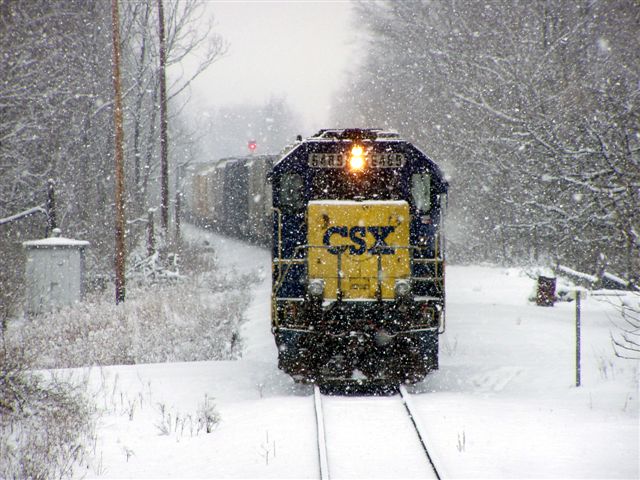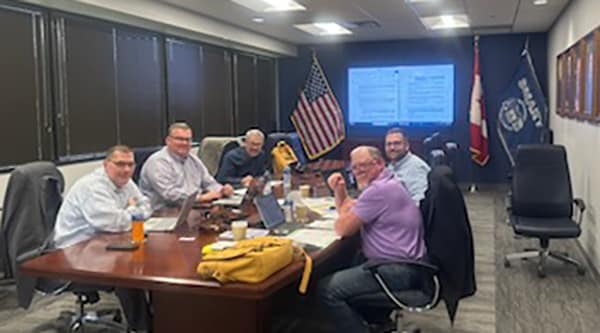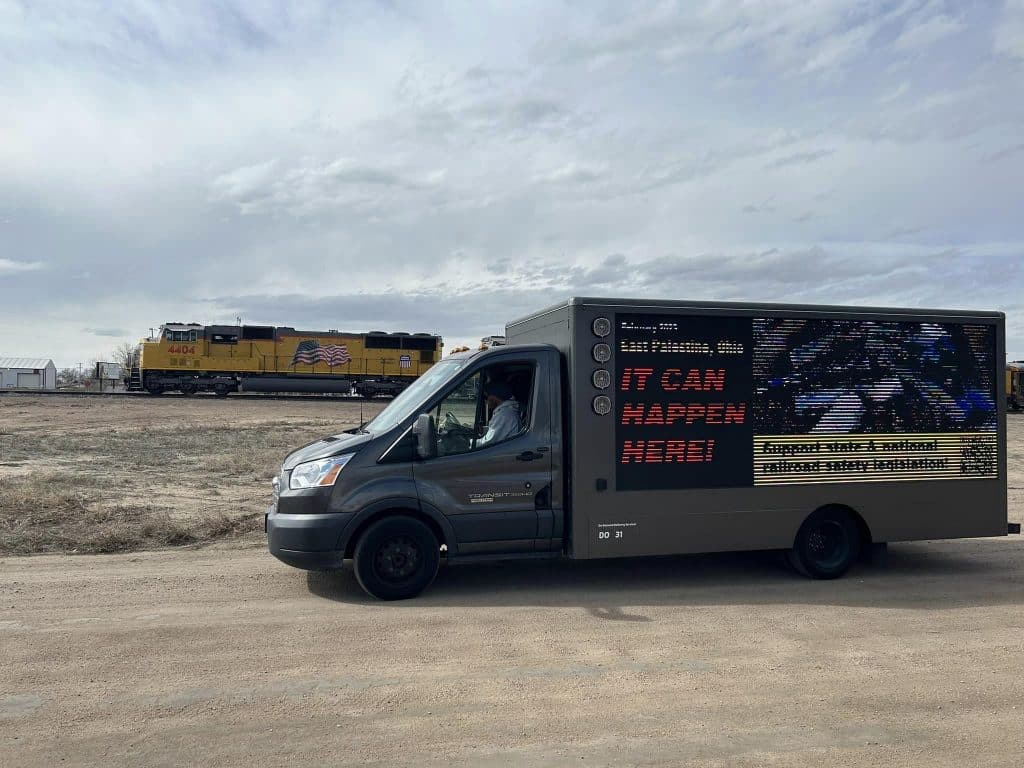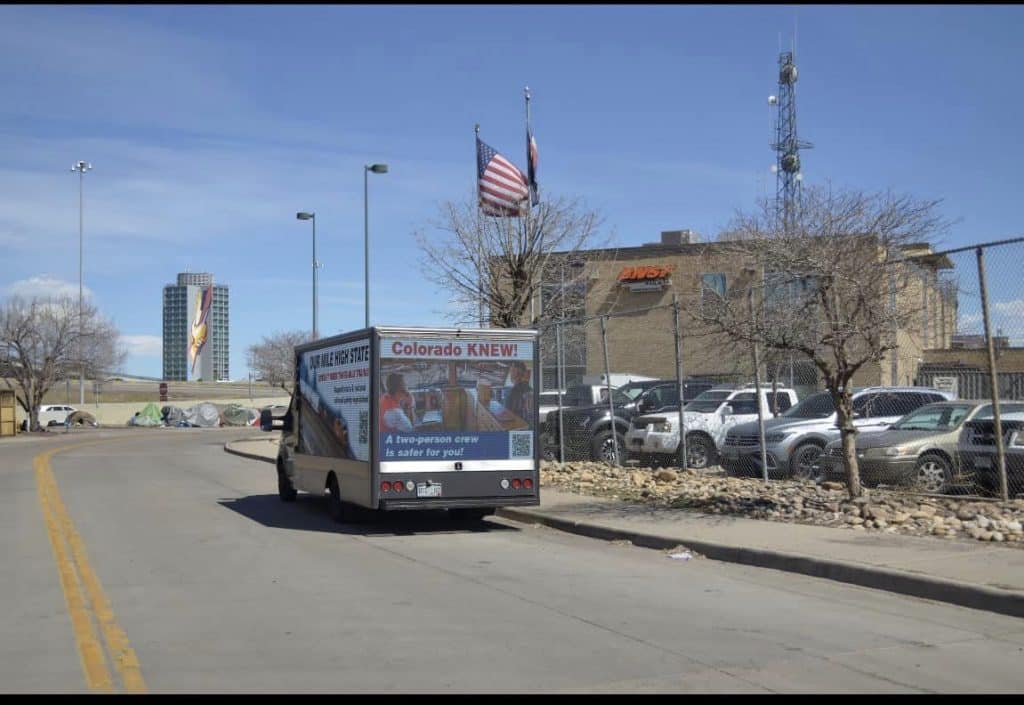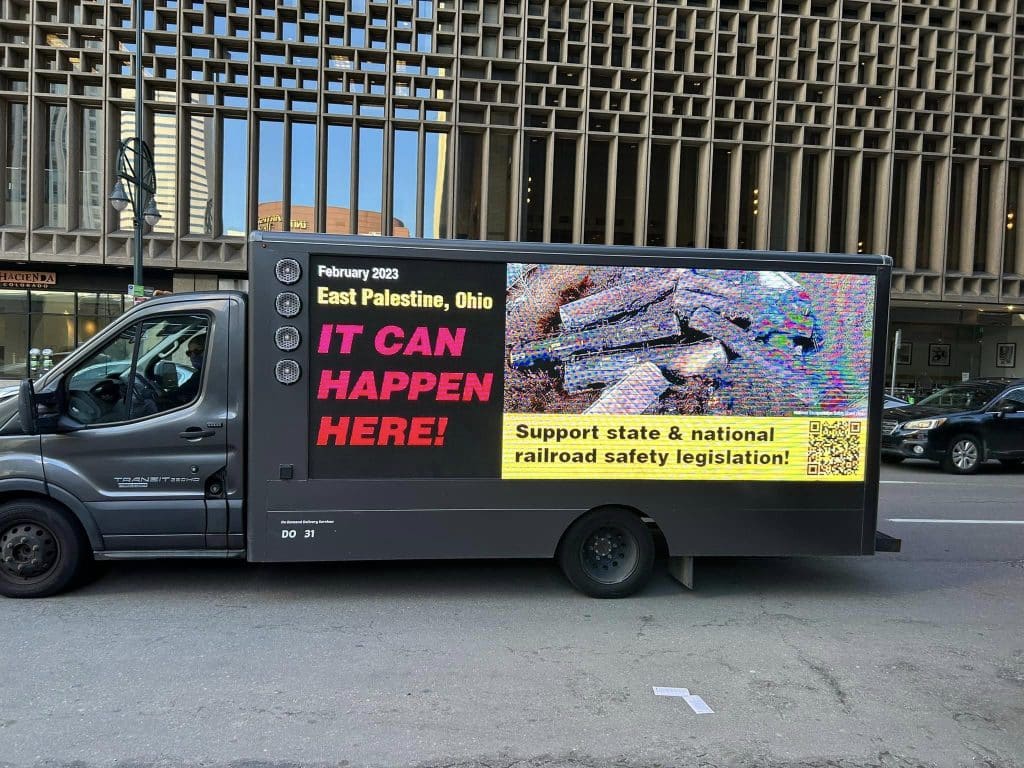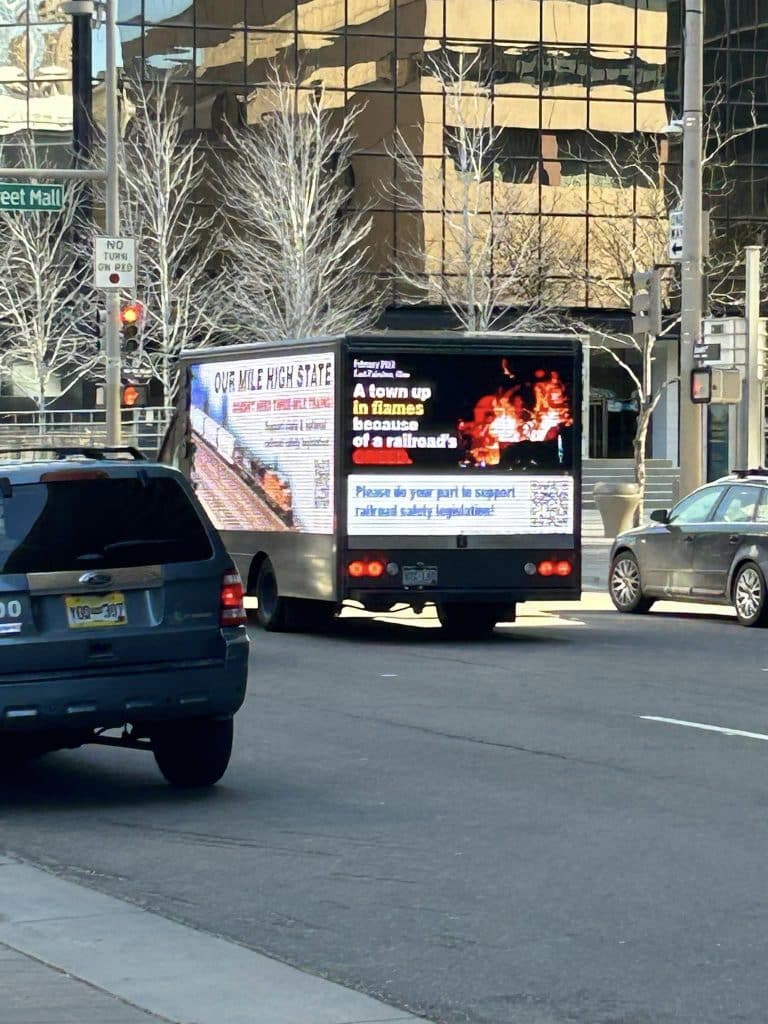Local 200 chairperson, general chairperson and SLD’s combined efforts get opportunity for cut workers to remain in industry
E. Hunter Harrison has been dead since Dec. 16, 2017. His legacy known as Precision Scheduled Railroading (PSR) is still alive and kicking.
Some of the railroads have said publicly that they are trying to steer away from PSR. But in an unexpected twist, the specter of Harrison is rearing its ugly head in the lives of all our Union Pacific members with the recent ascension of new CEO Jim Vena.
Vena is a known student of Harrison. When UP employees, some stockholders and SMART-TD general chairpersons expressed alarm at Vena’s hiring, the carrier put out a well-polished piece of propaganda about how Vena 2.0 was a changed man.
We were all supposed to be put at ease, that he had learned the hard way that PSR was an unnecessarily disruptive force to the industry, the supply chain and in the personal lives of railroad employees.
For the record, SMART-TD never bought this idea. The five GCs of our UP General Committees in no uncertain terms informed the carrier that they strongly disagree with Vena’s hiring. In the letter sent to UP’s vice president of labor relations, our GCs said “As COO, Jim Vena enacted policies, practices, and procedures that deliberately destroyed our members’ quality of life for the sake of profit.
“He orchestrated huge furloughs and cuts to every department in transportation, which resulted in the crew shortages we have yet to recover from,” the GCs wrote.
This second point came into play almost immediately upon Vena taking over Aug. 14. Less than a week into his reign, Vena proved our GCs to be absolutely correct by announcing UP was going to cut 94 positions across four crafts and 13 terminals.
These men and women whose jobs were erased through no fault of their own were represented by the IBEW, IAM, NCFO and SMART Mechanical Division. Many of these fellow railroaders worked in remote locations where the UP terminal was the largest employer. As a result, many of them were going to have to uproot their families and pursue new career opportunities.
SMART-TD Local Chairperson Amanda Snide (Local 200, North Platte, Neb.) didn’t like what she was hearing. She was frustrated and confused why these railroaders, though from different crafts and unions, were being thrown to the wolves while her terminal was desperately looking to find candidates to fill their posted openings for conductor positions.
Sister Snide took matters into her own hands at that point. She successfully brokered the idea with the local management at the North Platte terminal to offer 11 employees slated to be let go in the mechanical crafts positions as conductors.
As we approach the Labor Day holiday, there can be no better example of the value of labor movement than what these three accomplished for these fellow railroaders and their families. We thank you for defending our rail labor brothers and sisters against the corporate greed that threatened everything they had worked to build.
Snide’s results giving the workers affected by Vena’s malicious cuts at her home terminal the chance to preserve their income, health benefits and retirement, impressed Nebraska’s SLD Foust. He took what Snide had started and turned his attention to the 83 other casualties of Vena’s short-sighted greed. Foust contacted General Chairperson Luke Edington from GO-953. Brother Edington, who was already on the record with UP about not being on board with UP’s “new vision,” took it from there.
Edington took Snide’s plan and Foust’s vision of expanding it straight to UP’s Human Resources Department. SMART-TD is very proud to announce that Brother Edington succeeded in reaching an agreement with UP that at all terminals where they are simultaneously attempting to hire conductors and laying off other craft employees will give the same opportunity to transfer to conductor positions that Snide had enacted in North Platte.
As of Aug. 30, 50% of the affected employees in eligible terminals had applied for transfers to conductor positions — quite a few salvaged railroad careers.
SMART-TD is very proud of the initiative taken by Sister Snide, SLD Foust and GO-953 GC Luke Edington to make this happen.
As we approach the Labor Day holiday, there can be no better example of the value of labor movement than what these three accomplished for these fellow railroaders and their families. We thank you for defending our rail labor brothers and sisters against the corporate greed that threatened everything they had worked to build.
There has always been and will always be Hunter Harrison and Jim Vena types in the rail industry. What is important is that we commit ourselves as a union and as individuals to make sure we can match them with the wits, fight, solidarity and humanity exhibited by members like Amanda Snide and that the union spirit embodies.
